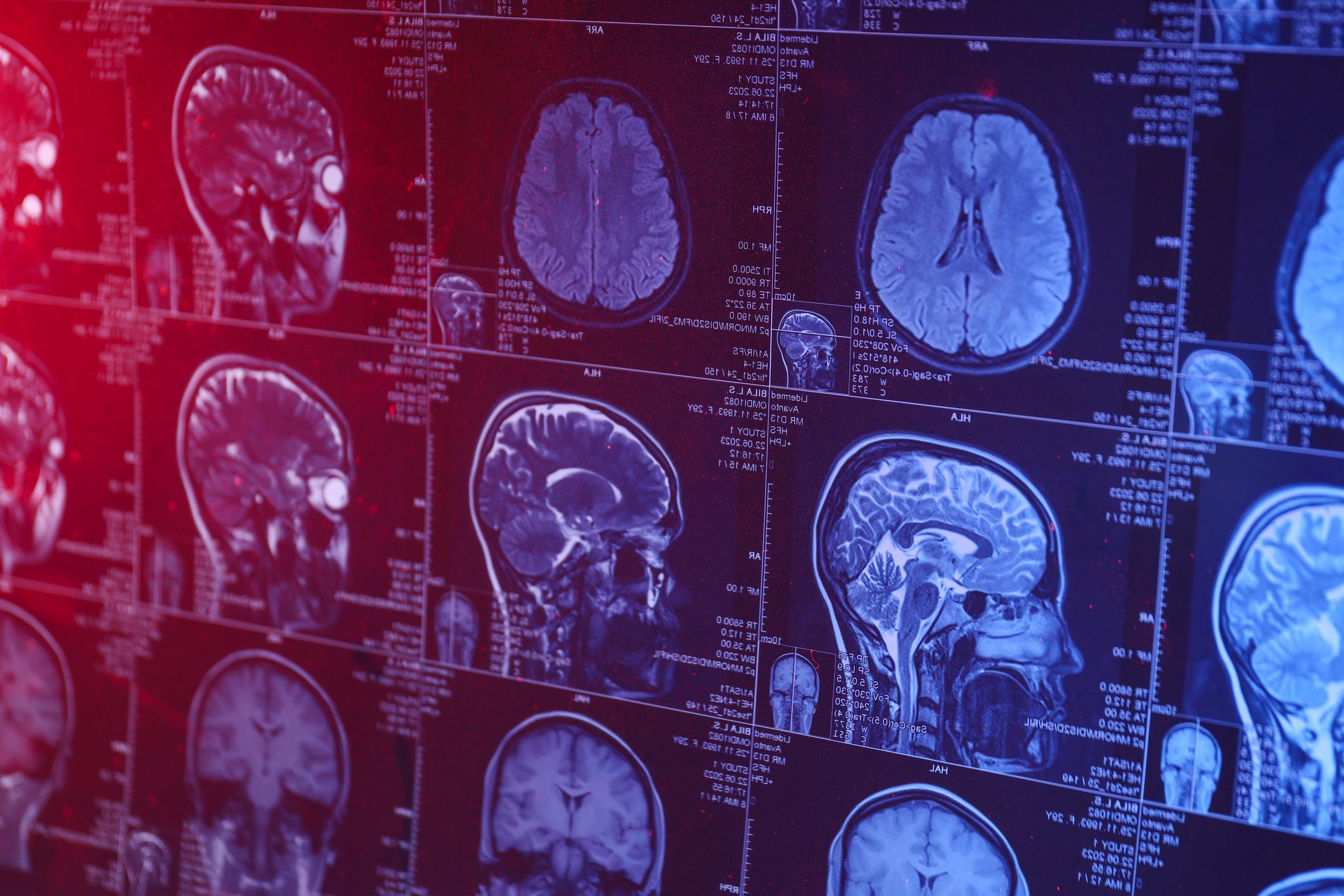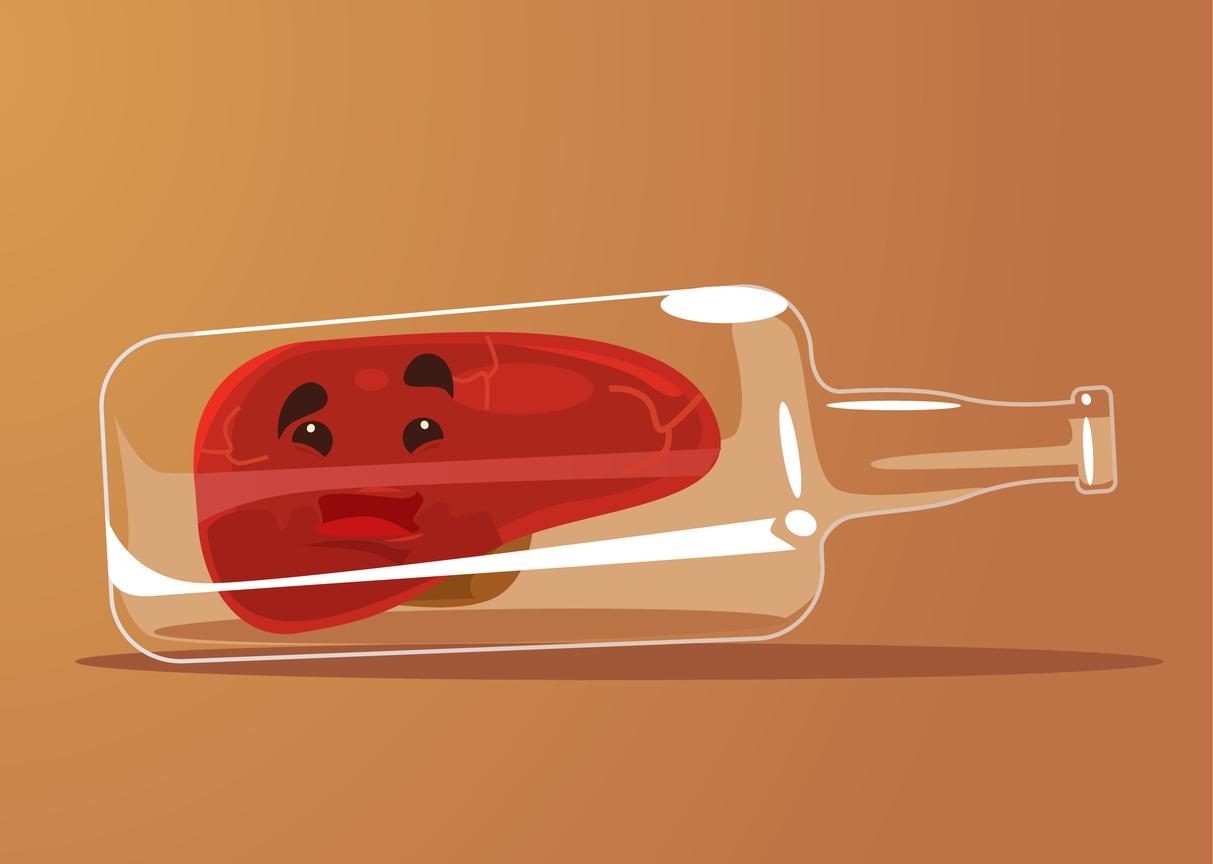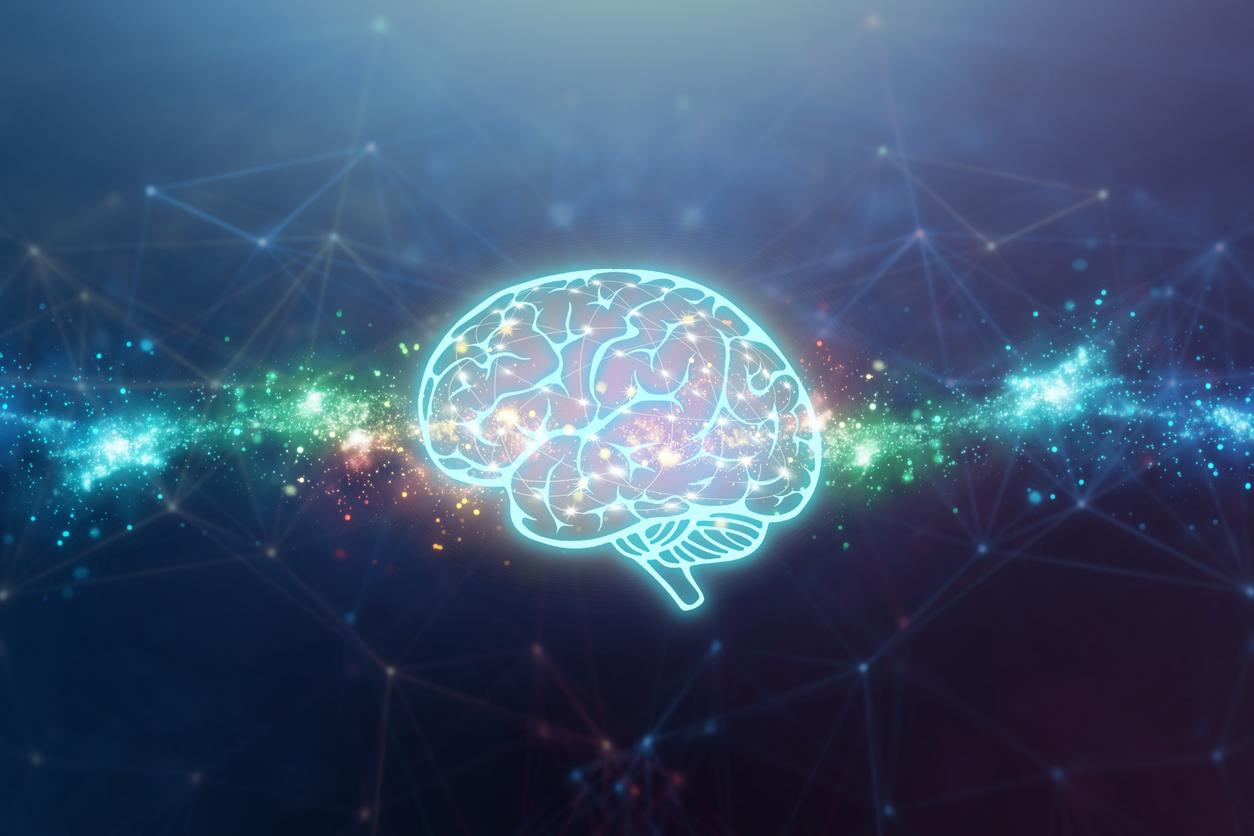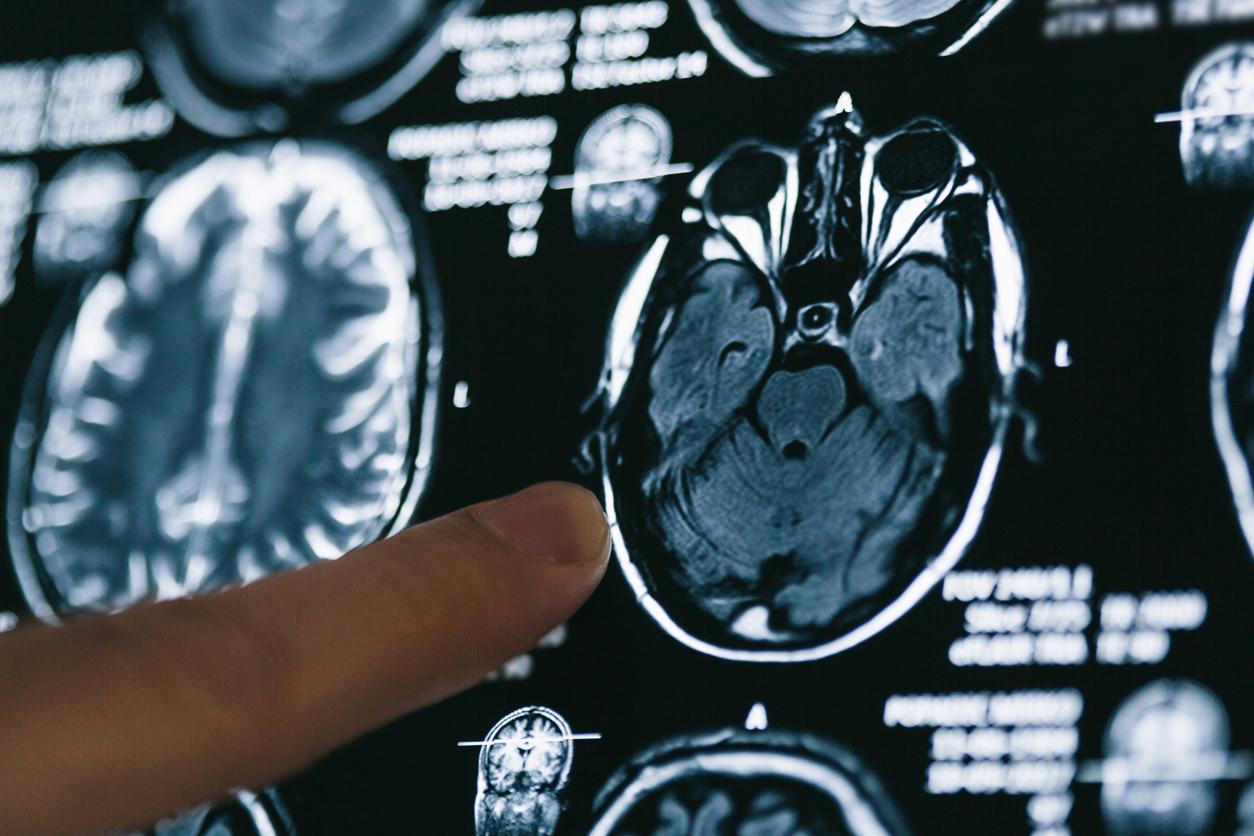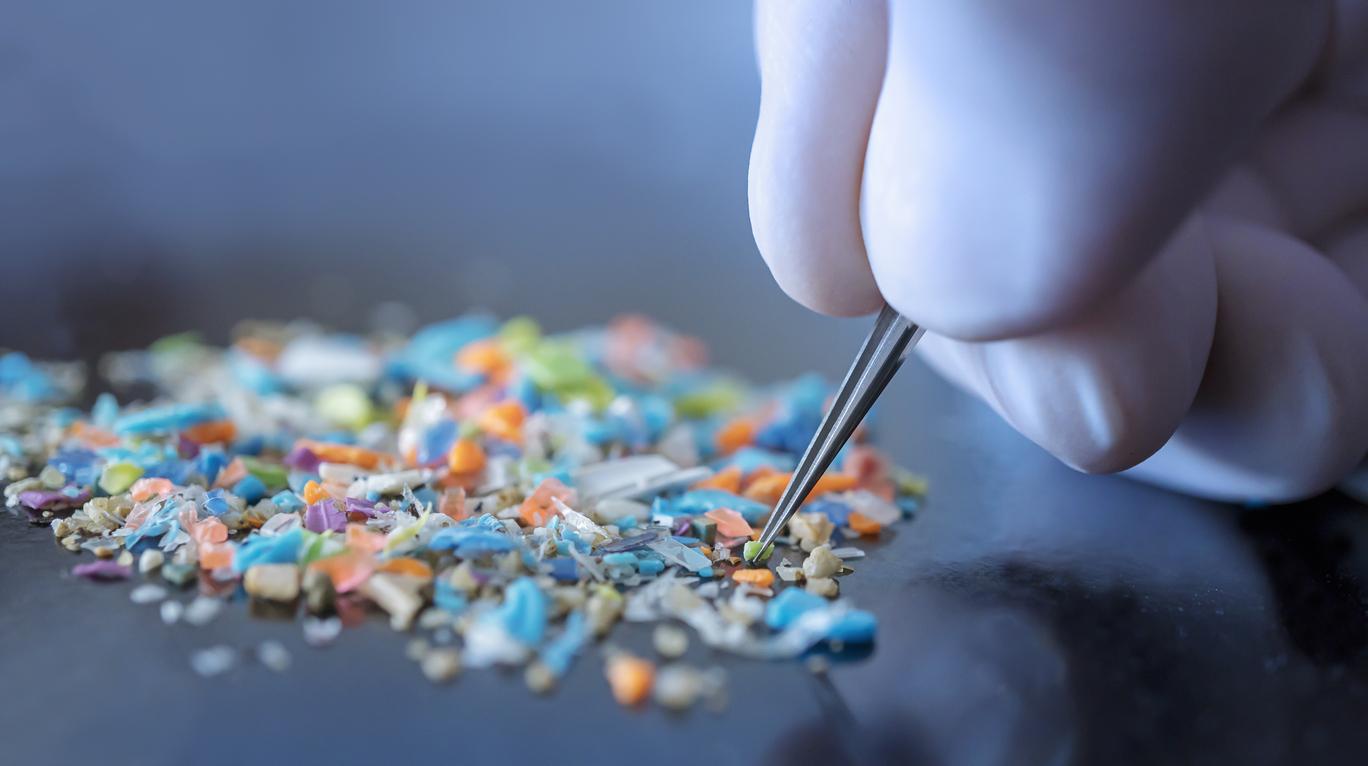Diabetes, stroke, small vessel diseases of the brain and inflammation accelerate brain aging, according to a new study that highlights the importance of vascular health.

- An AI determined the age of human brains from their brain MRIs.
- Researchers discovered that the brains judged to be the oldest were those of patients with diabetes, diseases of the small vessels of the brain, inflammation or even those who had had a stroke.
- In contrast, a healthy lifestyle, including regular exercise, was linked to younger-looking brains.
Currently, more than 55 million people have dementia worldwide, according to the World Health Organization (WHO). Age is the biggest risk factor, but not the only one. There is also lack of physical activity, being overweight, smoking, alcohol abuse, etc.
Diabetes, stroke, inflammation: risk factors for dementia
According to a new study published in the journal Alzheimer’s & Dementiavascular health would also be a major risk factor. Indeed, thanks to an artificial intelligence (AI) tool, scientists have discovered that diabetes, strokes, cerebral small vessel diseases or inflammation accelerates brain aging.
To study the link between vascular health and dementia, scientists asked an AI to analyze the brain MRI scans of 739 people aged, on average, 70 years old to determine the age of their brains. At the same time, blood tests were performed to measure lipids, glucose and inflammation. Finally, the participants also carried out cognitive tests and provided information on some of their lifestyle habits, such as physical exercise.
Results: The AI determined an average age of 71 years among the participants. However, after analysis by the researchers, they discovered that diabetes, stroke, diseases of the small vessels of the brain and inflammation were linked to brains judged to be older by the AI. In contrast, a healthy lifestyle, including regular exercise, was linked to younger-looking brains.

The importance of vascular health to protect the brain
“The study shows that factors that negatively affect blood vessels may also be linked to older-looking brains, showing how important it is to keep your blood vessels healthy, protect your brain, ensuring, for example, that their blood glucose level remains stable”, indicates Anna Marseglia, main author of the study, in a press release.
In the future, researchers want to continue their research to better understand the differences between women and men with regard to, in particular, sociocultural factors. “Next year, we will launch a study to understand how social health in middle and old age, as well as sleep and stress, influence brain resilience, with a focus on women’s health factors”, concludes Anna Marseglia.










